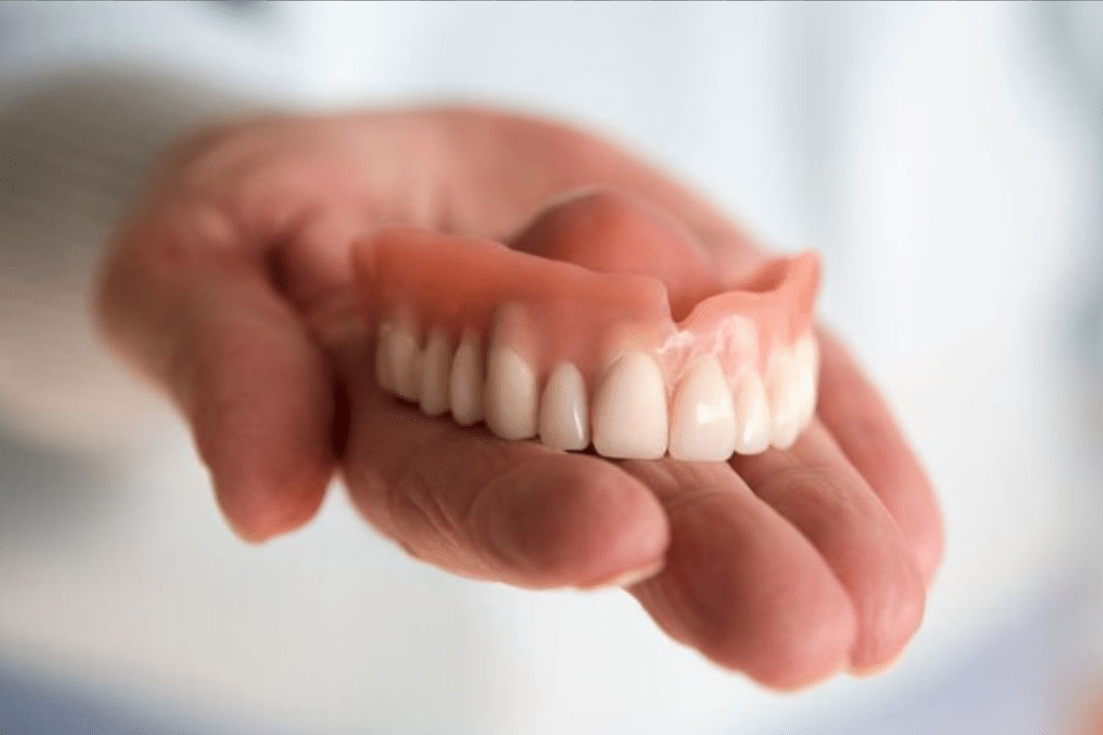How Long Do Dentures Last?
Dentures are a reliable and popular solution for replacing missing teeth, helping patients regain both their confidence and oral functionality. But one common question many people have before committing to dentures is: “How long do dentures last?”
The answer depends on the type of dentures, the materials used, and how well they are cared for. For expert advice and quality dental services, visiting a trusted Dental Clinic in Richmond Hill like Westwood Gardens Dental, one of the best dental clinic can help make your dentures are made to last as long as possible.
In this guide, we will explore the average lifespan of dentures, factors that affect their longevity, and how to maintain them for years of comfortable use.
Average Lifespan of Dentures
On average, dentures can last anywhere from 5 to 10 years with proper care. Over time, natural wear and changes in your mouth’s shape may require adjustments or replacements. Full dentures, which replace an entire set of teeth, generally last about the same as partial dentures that replace only a few missing teeth.
However, their durability largely depends on the quality of materials used, daily maintenance, and regular dental checkups. Clinics like Westwood Gardens Dental Clinic provide personalized denture solutions designed for both comfort and longevity.
Factors That Affect How Long Dentures Last
Several elements influence the lifespan of dentures:
1. Material Quality
High-quality acrylics, resins, or metal frameworks tend to last longer than cheaper alternatives. Investing in durable materials is key to getting the most out of your dentures.
2. Daily Care
Proper cleaning, storage, and handling are essential to prevent damage and maintain their shape.
3. Fit and Comfort
Over time, the shape of your gums and jawbone changes, which can affect the fit of your dentures. Ill-fitting dentures may need relining or replacement sooner.
4. Lifestyle Habits
Biting on hard objects, grinding teeth, or poor oral hygiene can significantly reduce denture lifespan.
Regular checkups at a trusted Dental Care in Richmond Hill can help identify and fix potential issues early.
Signs Your Dentures Need Replacement
Even if you take excellent care of your dentures, there will come a time when they need to be replaced. Common signs include:
-
Persistent discomfort or sore spots
-
Noticeable cracks or chips
-
Loose or unstable fit
-
Difficulty chewing or speaking
-
Stains that cannot be cleaned
If you experience any of these symptoms, it’s best to consult a Dentist in Richmond Hill to determine whether adjustments or a replacement are necessary.
Tips to Extend the Life of Your Dentures
-
Clean Daily – Brush with a denture-specific brush and cleaner to prevent plaque and stains.
-
Soak Overnight – Keep dentures in water or a denture solution to maintain their shape.
-
Handle Carefully – Avoid dropping them as they can crack or break easily.
-
Regular Dental Visits – Schedule checkups to ensure the fit remains comfortable.
-
Avoid Harsh Chemicals – Stick to recommended cleaning solutions to protect the materials.
For those looking to combine functional and aesthetic improvements, treatments like Dental Veneers in Richmond Hill can also complement dentures for a complete smile makeover.
Different Types of Dentures and Their Durability
Full Dentures
These replace an entire arch of teeth and generally last 5–10 years. They require occasional relining as gums and bones naturally change.
Partial Dentures
Designed to replace a few missing teeth, they may have a metal framework or acrylic base. Their lifespan is similar to full dentures but can last longer if well-maintained.
Implant-Supported Dentures
These attach to dental implants for better stability and can last longer than traditional dentures, although the denture portion itself may still require replacement after several years.
How Denture Maintenance Impacts Longevity
Your maintenance routine plays a crucial role in how long your dentures last. Neglecting daily cleaning can lead to plaque buildup, staining, and even damage to the denture material. Storing them incorrectly can also cause warping or cracking.
Visiting a reliable dental provider like Westwood Gardens Dental Clinic ensures you receive expert guidance on caring for your dentures properly.
Common Myths About Denture Lifespan
Myth 1: Dentures last forever – All dentures wear out over time, regardless of material quality.
Myth 2: You don’t need checkups if you have dentures – Regular visits help maintain fit and prevent gum issues.
Myth 3: More expensive dentures last forever – Price isn’t the only factor; care and fit are just as important.
Frequently Asked Questions
1. How often should I replace my dentures?
Most dentures need replacement every 5–10 years, but regular checkups can help extend their lifespan.
2. Can dentures be repaired if they break?
Yes, minor cracks or chips can often be repaired, but severe damage may require a full replacement.
3. Will my dentures still fit as I age?
Your gums and jawbone change over time, so adjustments or relining may be necessary to maintain a proper fit.
4. Do dentures stain over time?
Yes, especially if exposed to coffee, tea, or tobacco. Regular cleaning helps minimize staining.
5. Are there alternatives to traditional dentures?
Yes, options like implant-supported dentures or fixed bridges may offer more stability and comfort.
Conclusion
The lifespan of dentures depends on factors such as material quality, daily maintenance, and changes in your oral structure. On average, they last between 5 and 10 years, but proper care and regular dental visits can extend their use.
Choosing a reputable dental clinic ensures you get dentures that are both durable and comfortable, helping you maintain a confident smile for years. You can email us at info@westwoodgardens-dental.ca or visit us at Unit 18, 8868 Yonge St, Richmond hill, ON, L4C 1Z8, Canada to book your appointment today!



